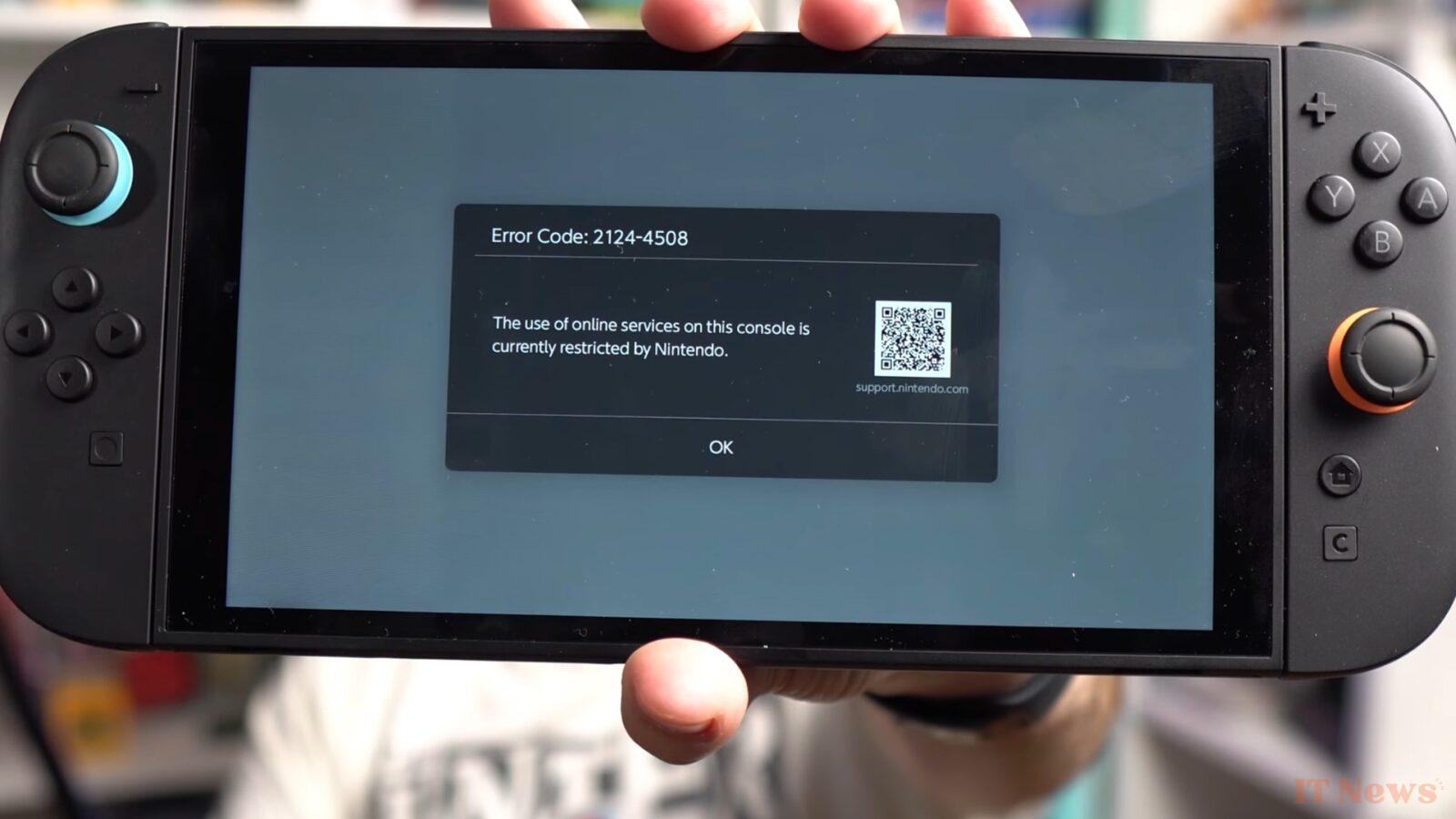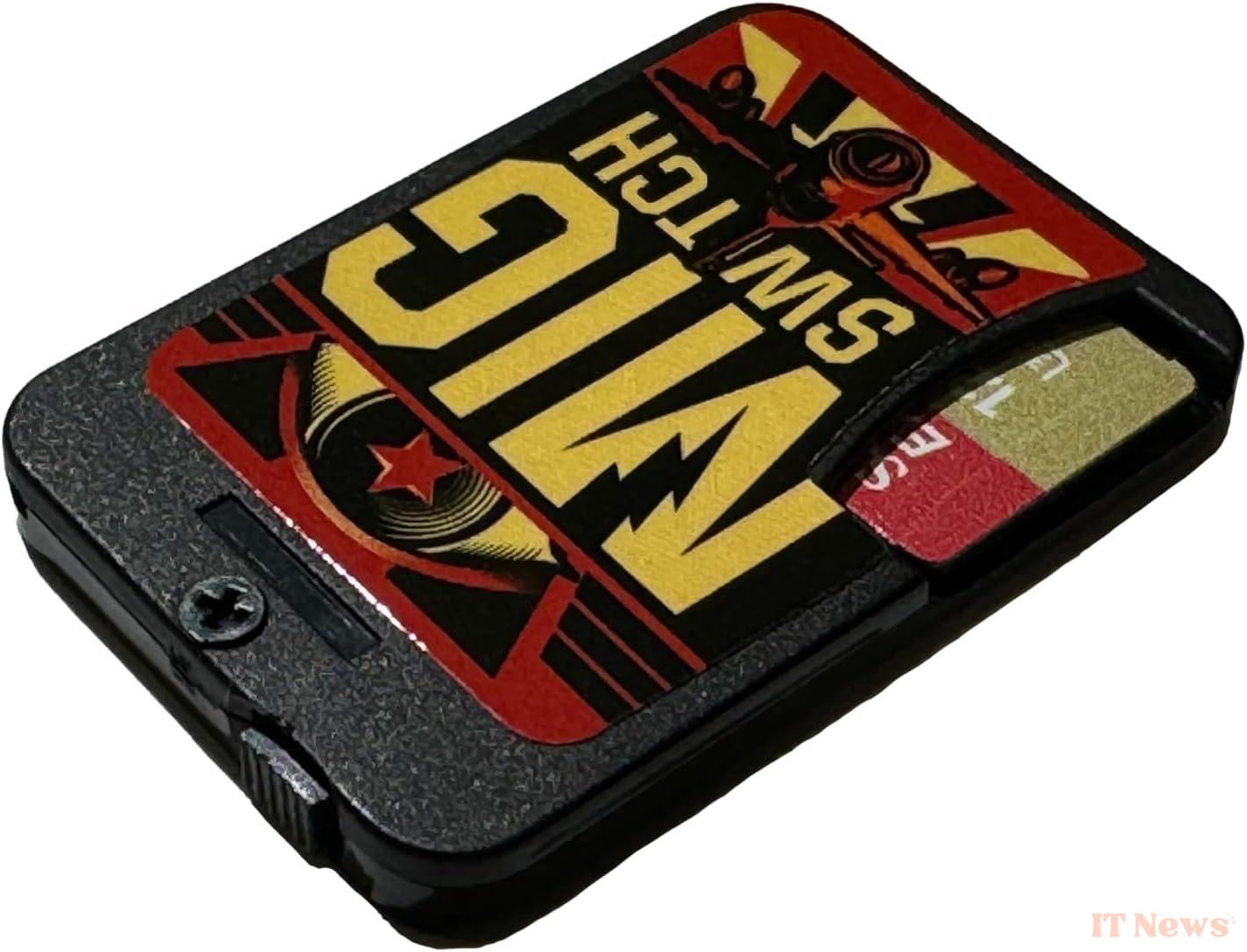Switch players are familiar with the MIG card, which, since its launch in early 2024, has allowed access to saves and games stored on the cartridge. The card looks similar to a Switch game cartridge, and is also supported as a standard game cartridge by the Switch. At first glance, MIG products, which are well-known (you can regularly find them on Amazon), have nothing to reproach themselves for, and their use is reminiscent of the famous DS flashcarts.
Nintendo takes no prisoners
Except that, of course, there is nothing to prevent the installation of pirated Switch game ROMs on these cartridges, which can be downloaded illegally very easily. Nintendo is extremely sensitive on the issue, and has led a raid against Switch emulators in recent years. The manufacturer cannot oppose the legal possibility of creating backups of its games ("dumps").
On a Switch 1, using a MIG card containing legally dumped games does not pose a problem for Nintendo - the games in question have a unique ID number that corresponds to that of the physical cartridges owned by the player. But on a Switch 2, zero flexibility.
Several users of the new console have experienced a banned from their Nintendo Account after inserting a MIG card to access their saves and legitimate game dumps, like the YouTuber Scattered Brain. This means he can no longer access the eShop or Nintendo's online services. The console simply displays a notification for the error 2124-4508:
Locally installed games that can be played offline can still be launched. However, online multiplayer modes cannot be enjoyed. Scattered Brain tried to restore his console to factory settings, but the link to the banned account remains in place. As a result, his Switch is unusable with digital games (since downloading games from the eShop is impossible).
This is not (yet) the complete deactivation of the console, as Nintendo has given itself the right to do in the United States. But we're not that far away anymore!
Source: NintendoLife




0 Comments